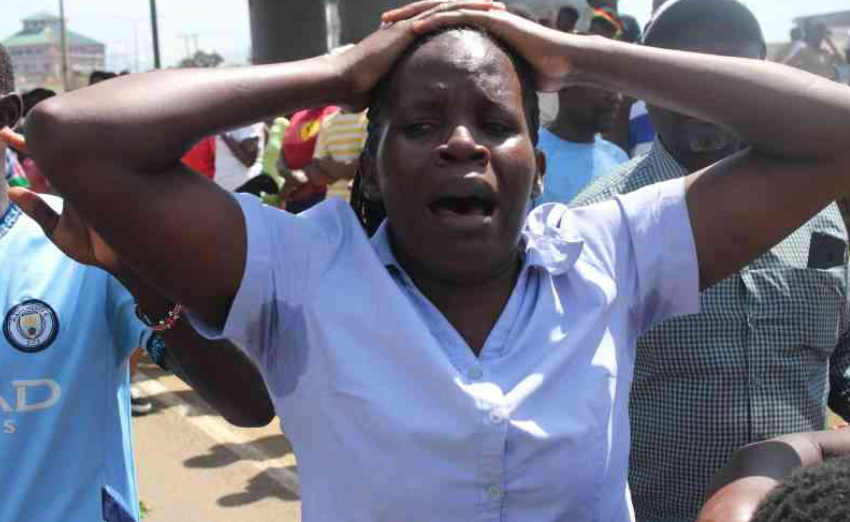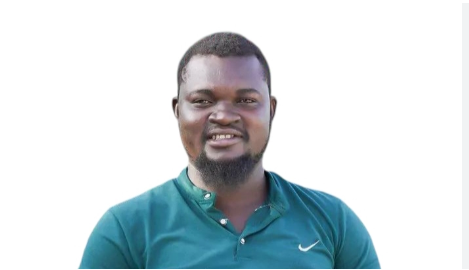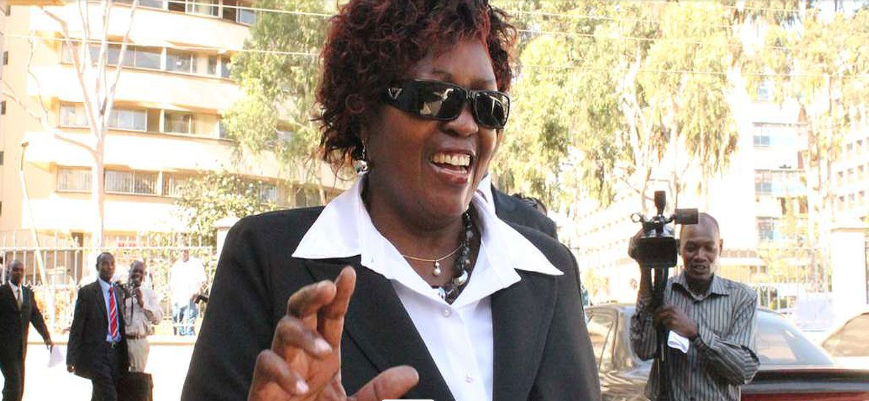Kenya is in mourning following the death of former Prime Minister Raila Amolo Odinga. The respected opposition leader and democracy icon passed away at 80 while receiving treatment in India. His death has left millions heartbroken.
Raila’s passing marks the end of a long era in Kenyan politics. He was more than a leader — he was a symbol of hope, courage, and change. His story of resilience, sacrifice, and patriotism continues to inspire people around the world.

Early Life and Education of Raila Odinga
Raila Odinga was born on January 7, 1945, in Maseno, Kisumu County. He was the son of Jaramogi Oginga Odinga, Kenya’s first vice president and a major figure in the country’s independence struggle.
After completing his education in Kenya, Raila studied in East Germany, where he earned a degree in mechanical engineering. His international education exposed him to progressive politics and the value of freedom and democracy.
When he returned home, Raila joined politics with one goal — to create a fairer and freer Kenya.
The Struggle for Democracy
In the 1980s and 1990s, Kenya was under single-party rule. During this period, Raila became one of the loudest voices pushing for multiparty democracy.
As a result, he faced imprisonment and persecution. He spent several years in detention without trial but never lost hope. Instead, his experiences strengthened his resolve to fight for justice and equality.
He played a key role in ending one-party rule and bringing democracy to Kenya. However, his political journey was never easy. Despite contesting for the presidency five times, he never won. Still, his courage and determination earned him respect from both allies and rivals.
Leadership and Reforms
Raila’s greatest political achievement came after the disputed 2007 election. Following intense violence, he agreed to share power with President Mwai Kibaki. This led to the creation of the Prime Minister’s office, which he held from 2008 to 2013.
During his tenure, Raila Odinga promoted peace, infrastructure growth, and constitutional reform. He helped champion Kenya’s 2010 constitution, which introduced devolution and strengthened democracy.
In addition, he stood for transparency and fairness in elections. He often said that leadership was not about positions but about serving people.
His Final Days
In early October 2025, Raila Odinga traveled to India for medical treatment. He had been in and out of hospital in recent months. Reports indicate that he collapsed while taking a walk and was rushed to the hospital.
However, despite doctors’ efforts, he passed away peacefully. The news spread quickly, and social media platforms flooded with messages of grief and tribute.
Many Kenyans described him as a fighter who never gave up. Others called him a peacemaker whose vision of a united nation inspired generations.
National Mourning and Tributes
President William Ruto declared a seven-day national mourning period. Flags were lowered across all public buildings. In addition, candlelight vigils were held in Nairobi, Kisumu, and Mombasa.
Thousands gathered in the streets, singing his campaign songs and carrying portraits of “Baba,” as he was affectionately called. Meanwhile, churches and mosques across the country offered prayers for his soul.
World leaders, including several African presidents, sent condolence messages. They praised Raila for his unwavering belief in democracy, peace, and justice. His passing, they said, was a loss not just to Kenya but to the entire continent.
Raila’s Enduring Legacy
Raila Odinga’s impact on Kenya cannot be overstated. He helped shape the country’s modern political identity. Through his advocacy for democracy and fairness, he gave a voice to millions.
He was also known for promoting unity. His famous 2018 handshake with then-President Uhuru Kenyatta ended years of political division and brought peace to the nation. That moment showed his willingness to put country before self-interest.
In addition, Raila supported the youth and encouraged education, innovation, and job creation. He believed that young people held the key to Kenya’s future.
Therefore, even in death, his ideas continue to guide national conversations about leadership and development.
The Family Behind the Leader
Behind Raila’s public life was a strong and supportive family. He was married to Ida Odinga, a respected educator and businesswoman. Together, they raised four children.
Ida once described her husband as a man of deep faith and discipline. Despite his busy schedule, Raila always made time for his family.
Meanwhile, his children have also embraced public service, continuing their father’s vision of community development and fairness.
How Kenyans Remember Him
Across the country, emotions remain high. In Kisumu, his political stronghold, people have filled the streets chanting his name. Many described him as a father figure who stood with the poor and oppressed.
In Nairobi, leaders from all political sides have united to celebrate his legacy. Political rivals have put aside differences to honor his contribution to the nation.
On social media, hashtags like #FarewellBaba, #RailaOdinga, and #KenyaMourns continue to trend. People share photos, speeches, and personal stories of how he touched their lives.
Global Recognition
Internationally, Raila was seen as a symbol of African resilience. He often spoke about democracy in global forums and called for stronger governance across the continent.
As a result, he earned admiration from leaders around the world. Many have described him as a statesman whose influence reached far beyond Kenya.
Meanwhile, his role in mediating regional conflicts also made him an ambassador for peace and unity.
What Lies Ahead
Raila’s passing leaves a major gap in Kenya’s political landscape. His Orange Democratic Movement (ODM) will now face the challenge of finding a new leader who can carry his vision forward.
However, his ideals of equality, justice, and integrity will continue to shape Kenya’s politics. Future leaders will draw from his strength and determination.
In addition, Kenyans are likely to see renewed calls for unity and reform — two values that defined Raila’s career.
Lessons from His Life
Raila Odinga’s journey teaches us that true leadership comes from service. He fought for justice even when the odds were against him.
He believed in peace over revenge and dialogue over conflict. His patience, humility, and endurance set an example for future generations.
Therefore, his death is not an end but a reminder of what it means to live with purpose.
Conclusion: Farewell to Baba
Raila Odinga’s death has left Kenya heartbroken, but his spirit remains alive in the nation’s soul. His courage, sacrifice, and vision will be remembered for generations.
He showed that leadership is not about power but about love for the people.
As Kenyans bid farewell to their beloved “Baba,” they carry forward his dream of a united and democratic Kenya.
Rest in peace, Raila Amolo Odinga. Your voice may be silent, but your legacy will never fade. Stay tuned.

